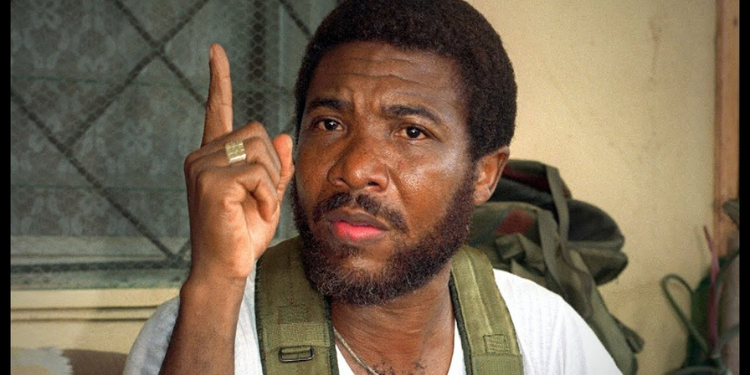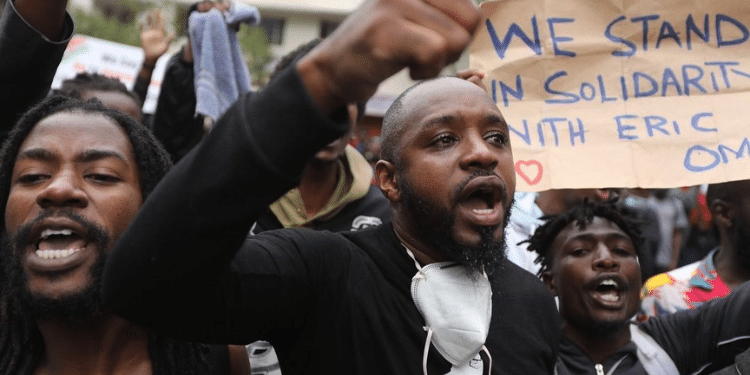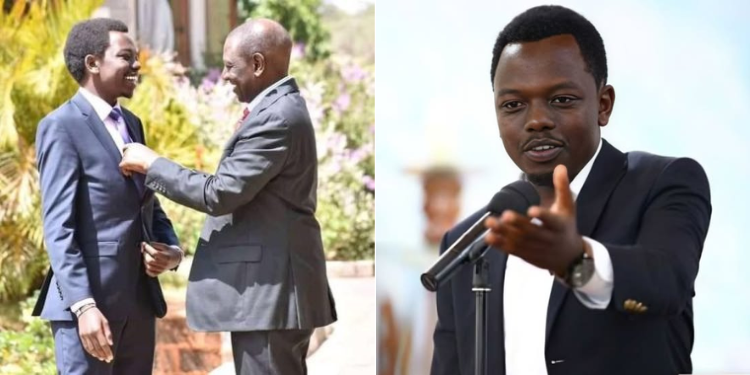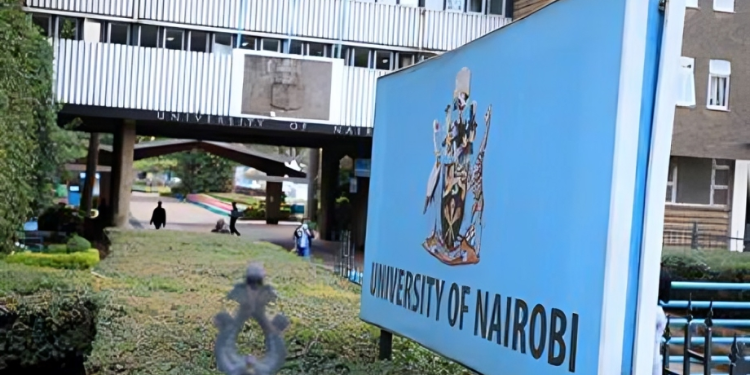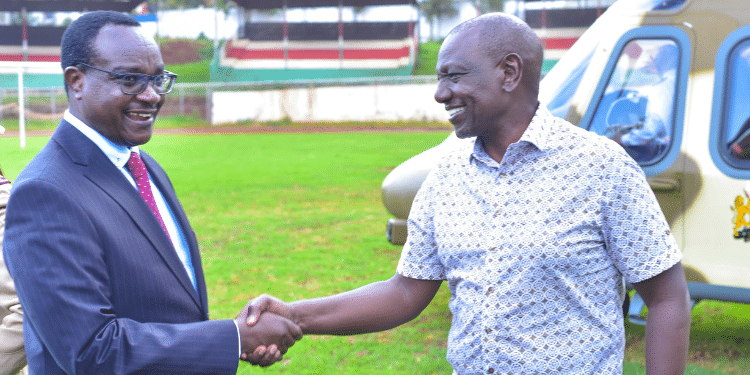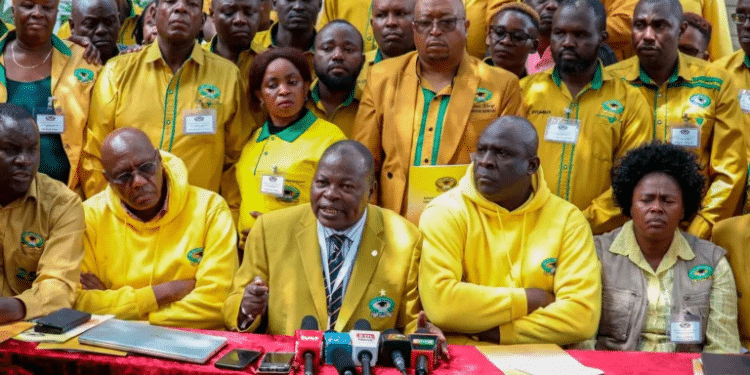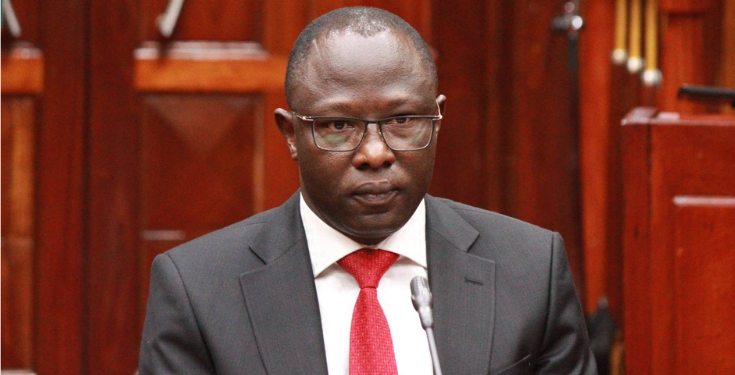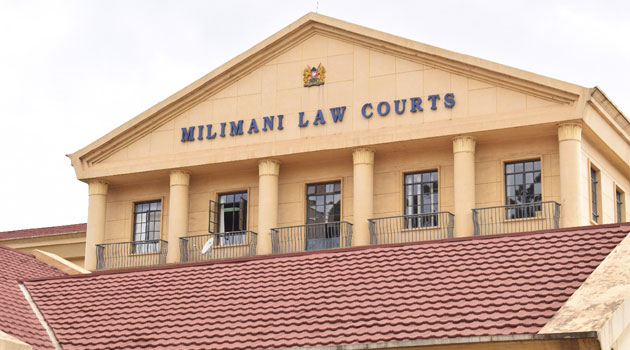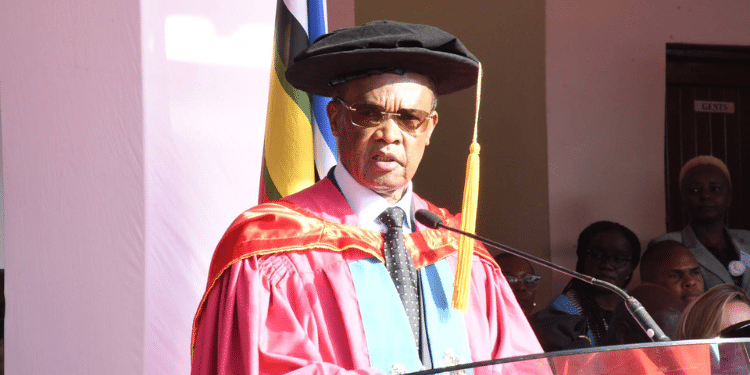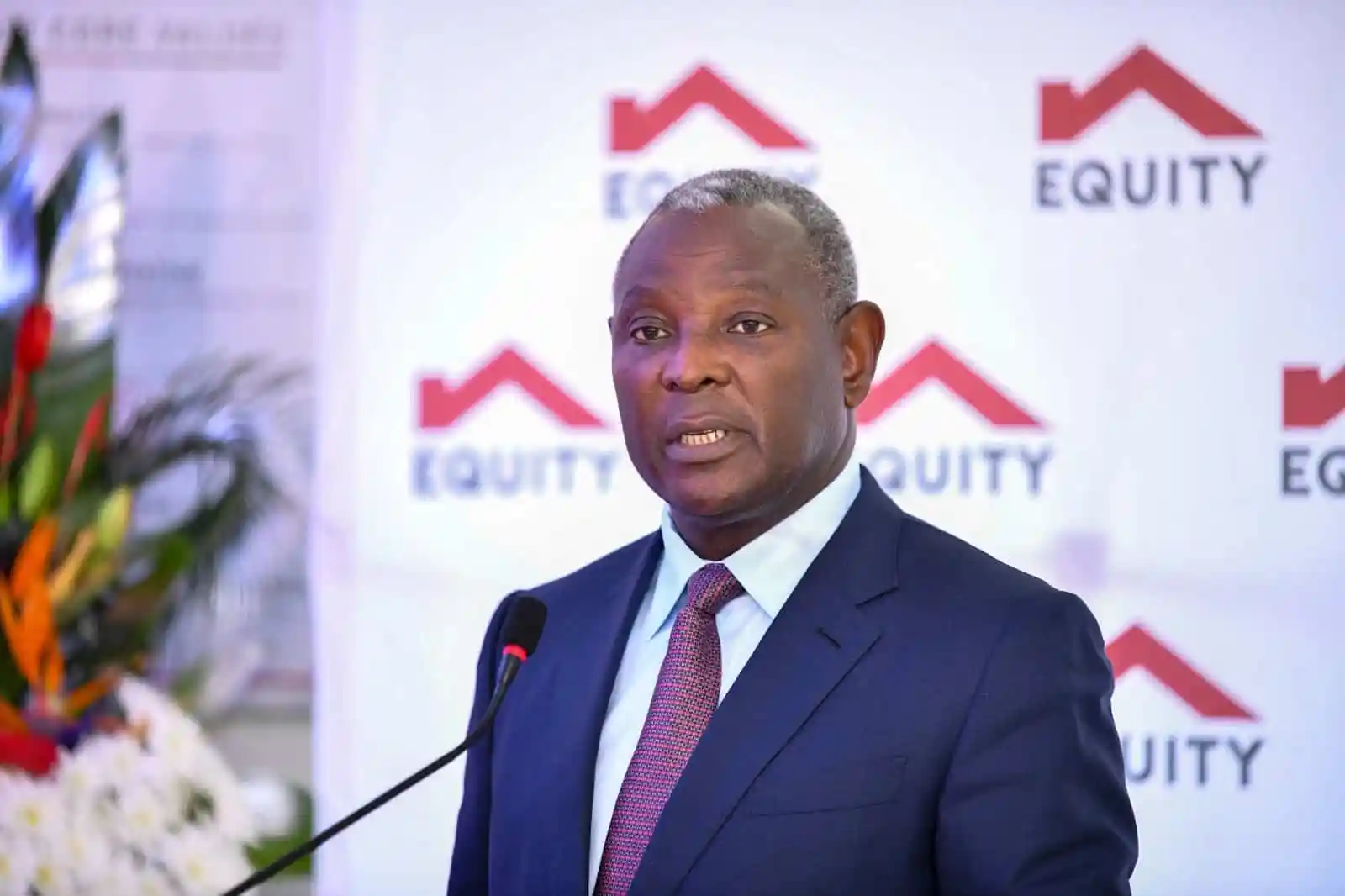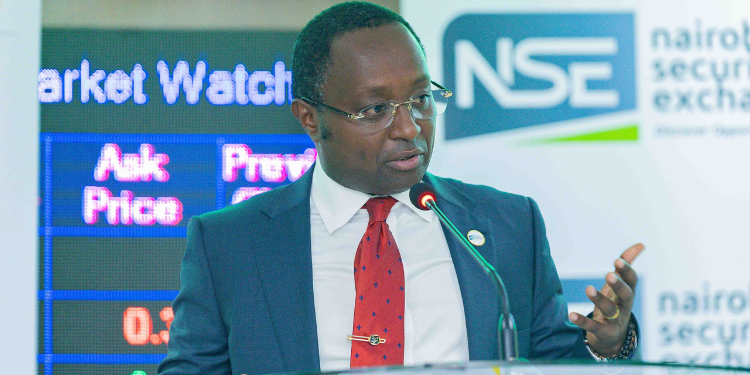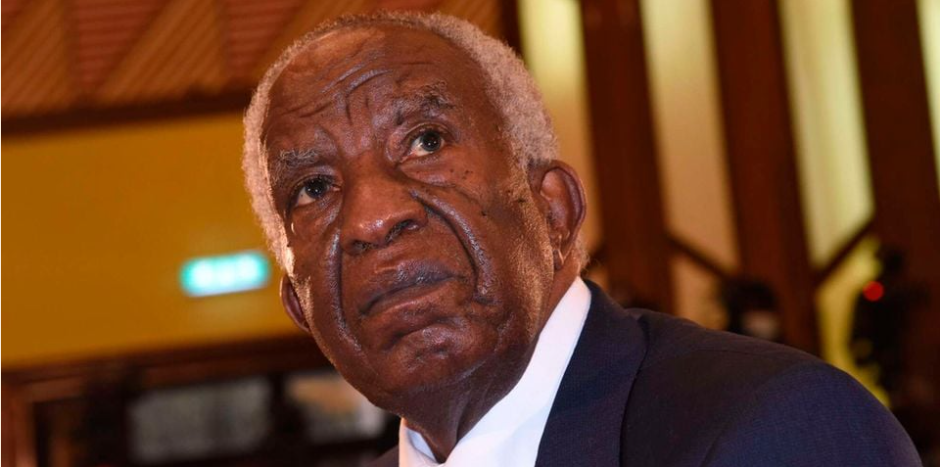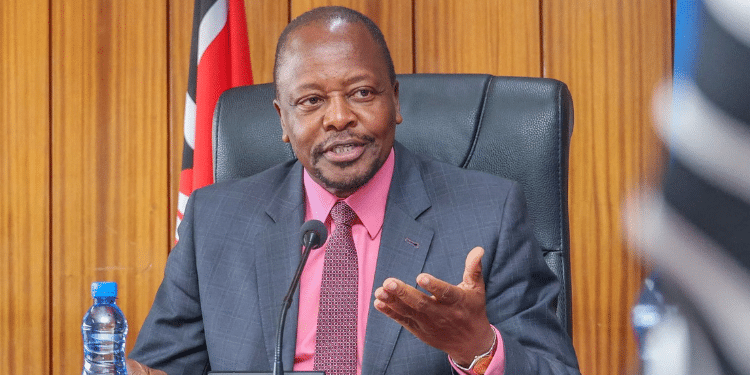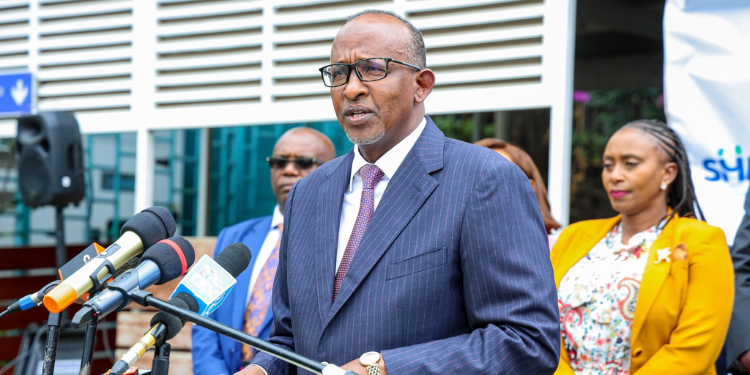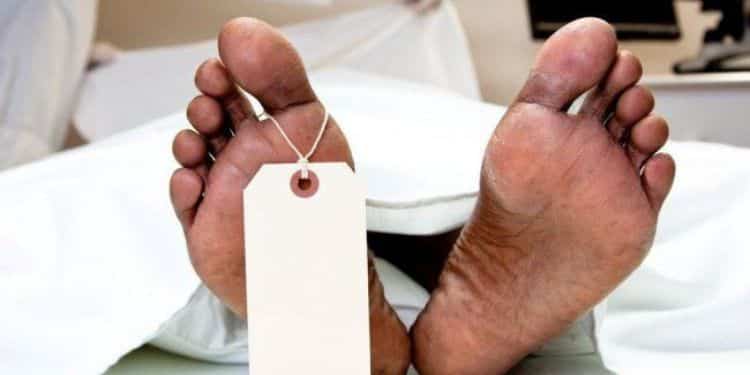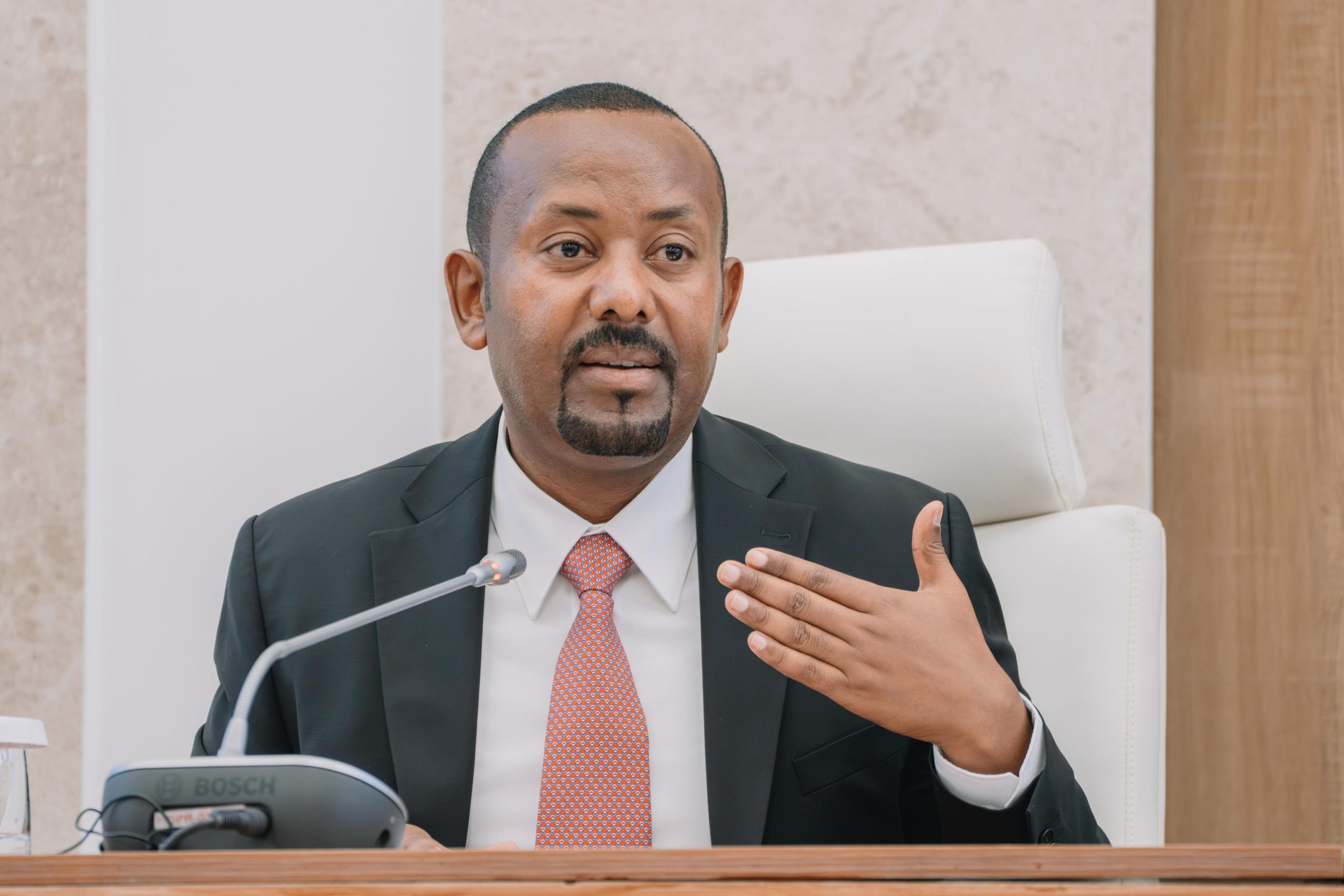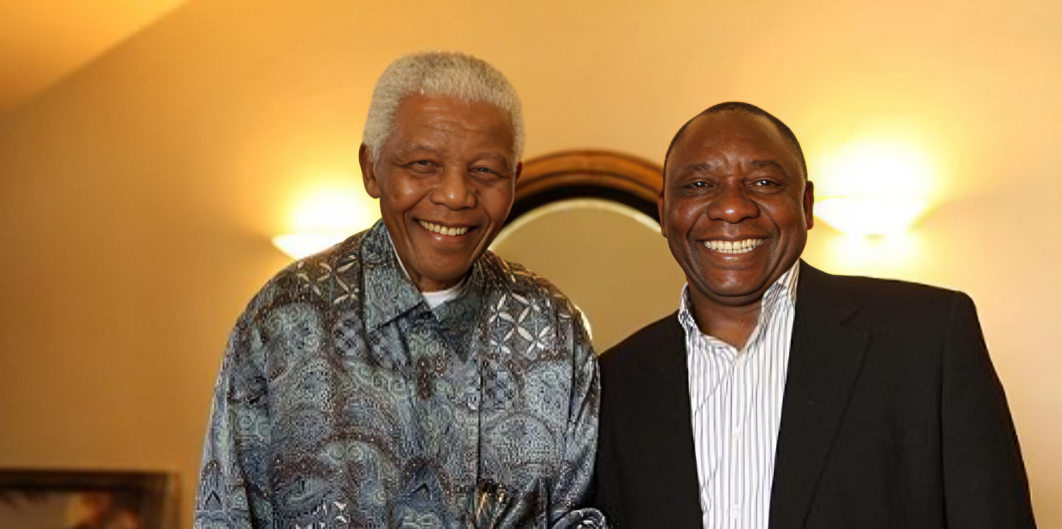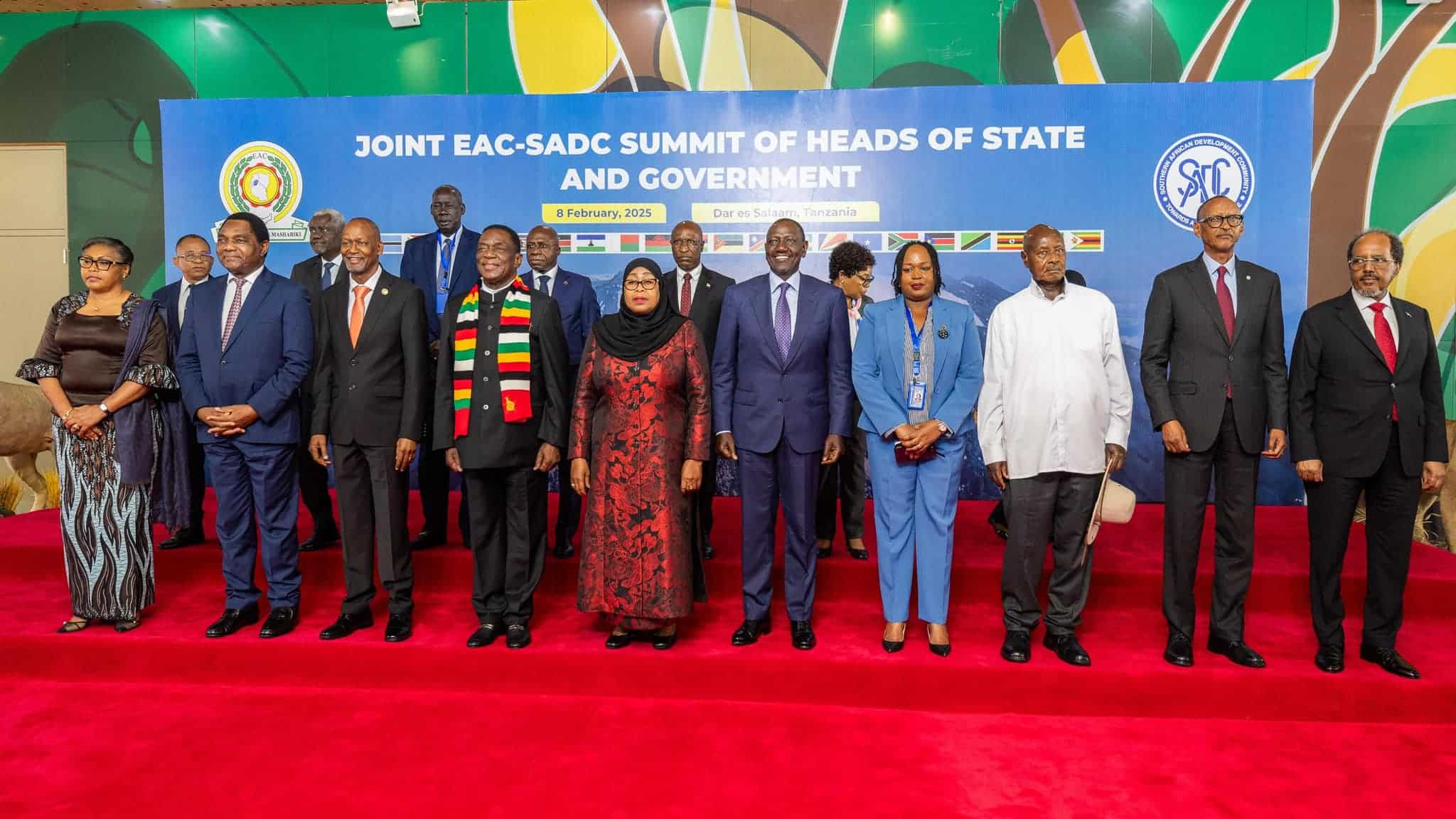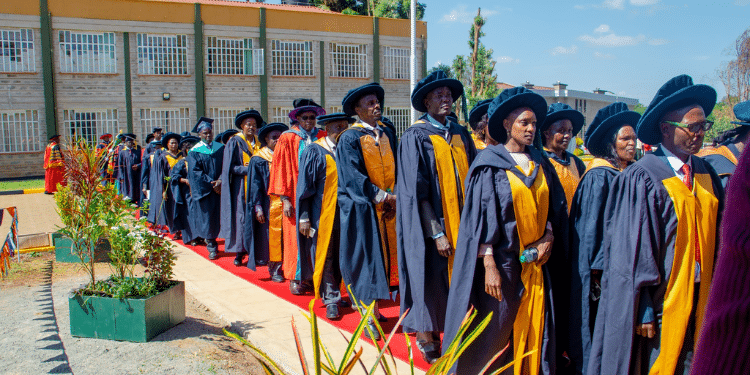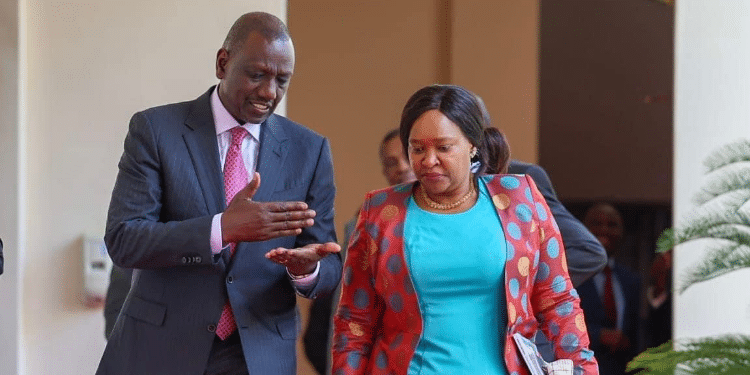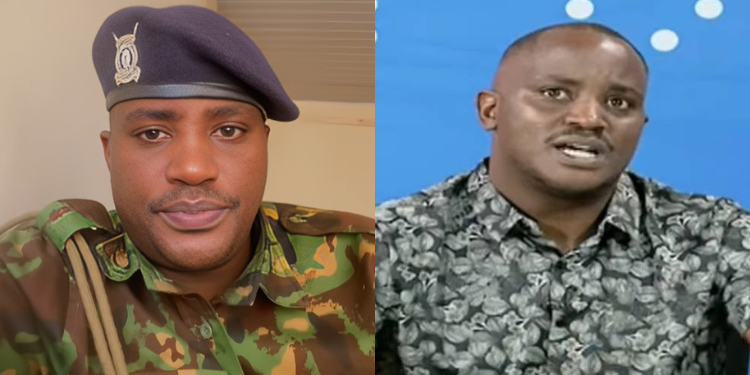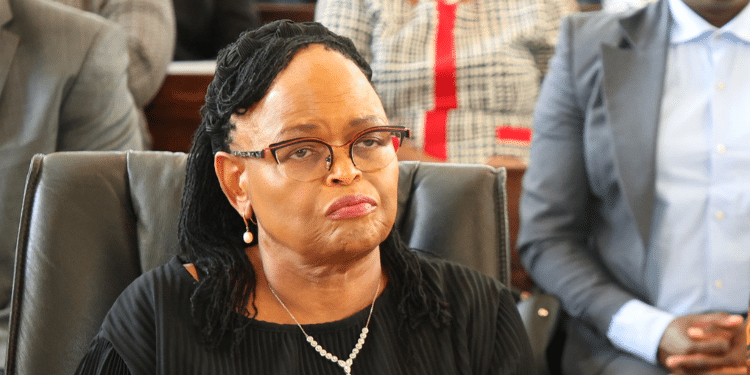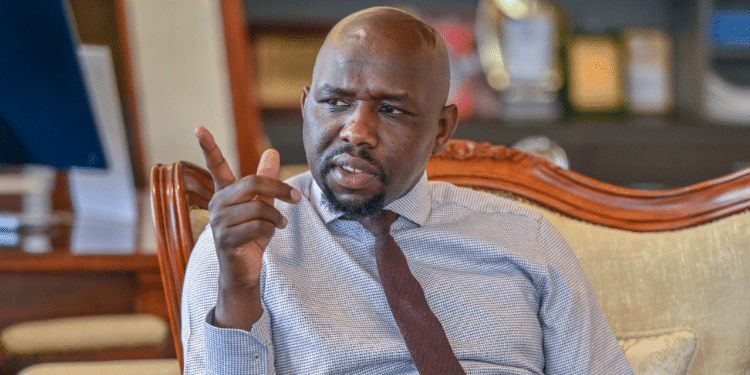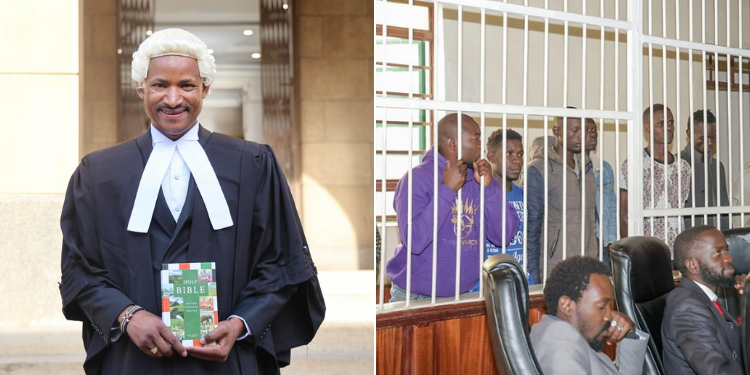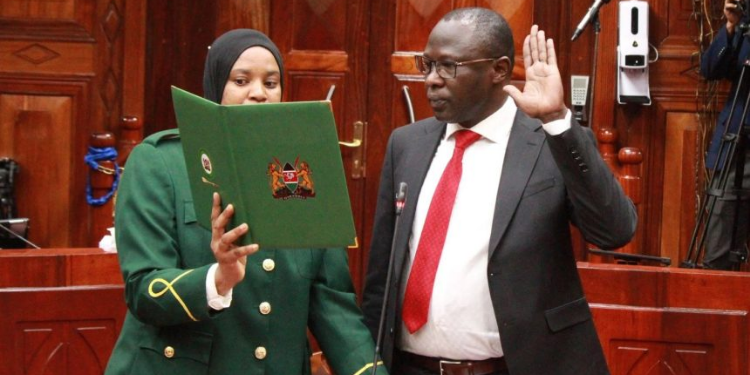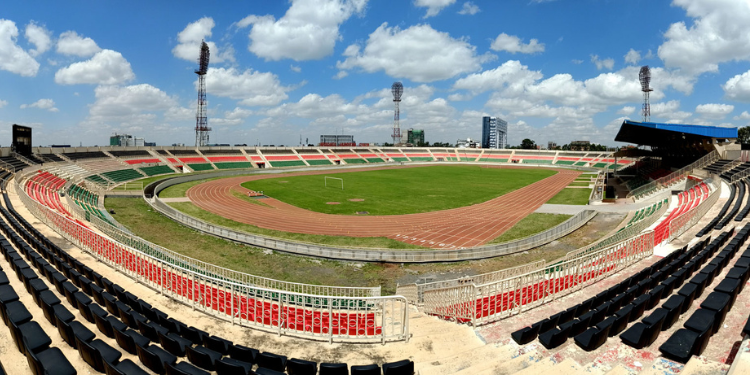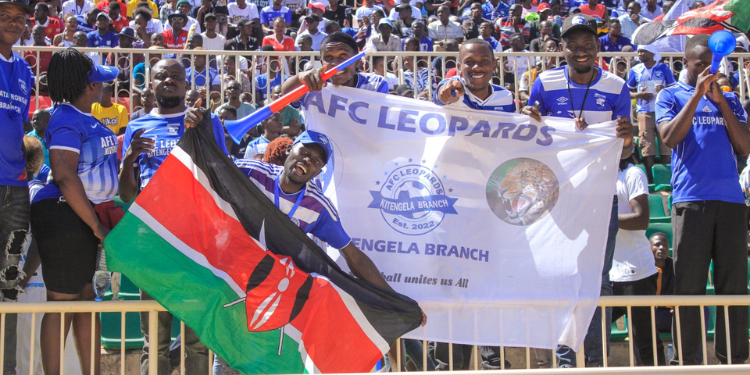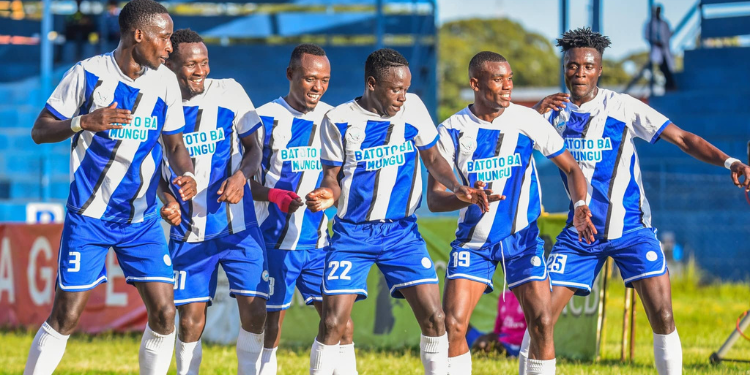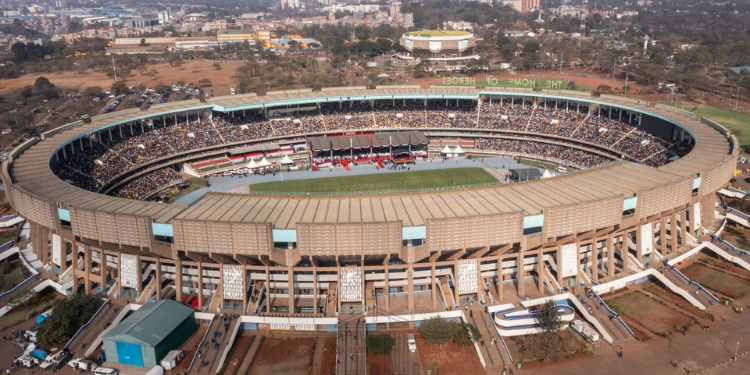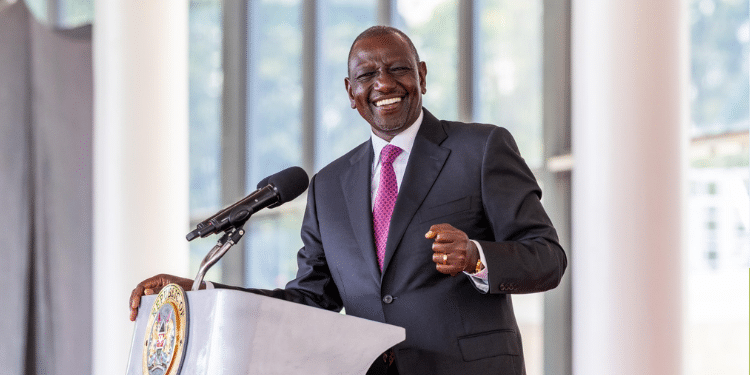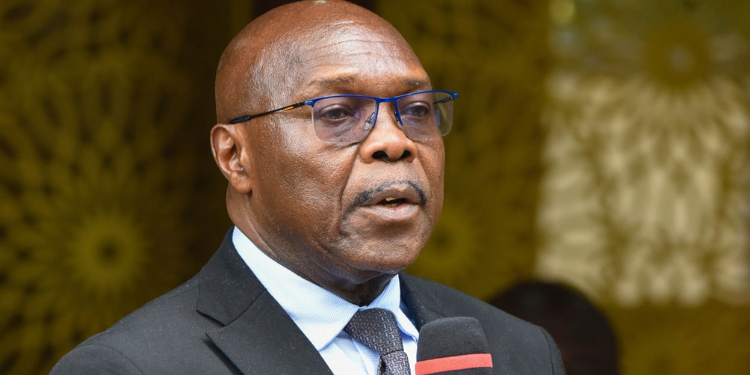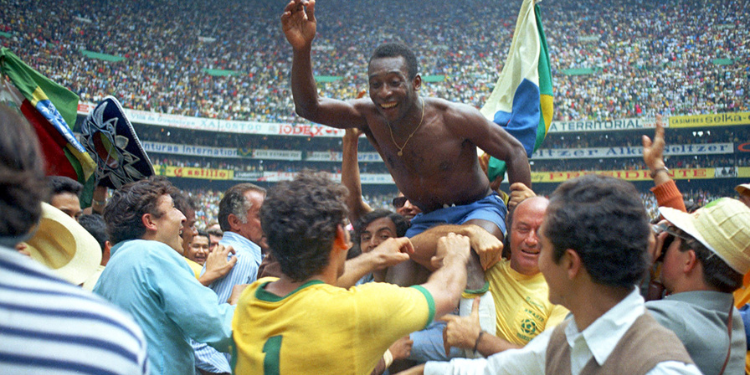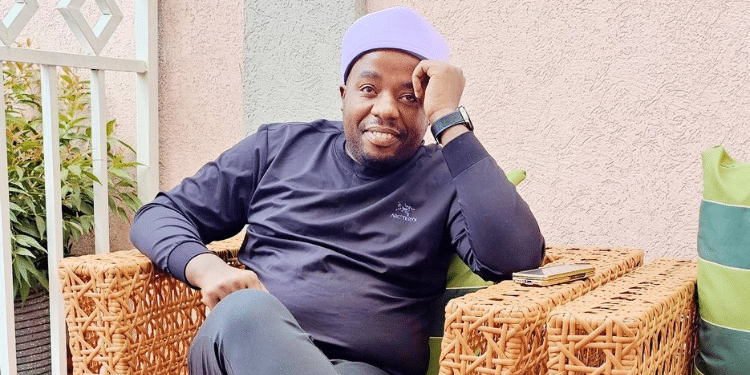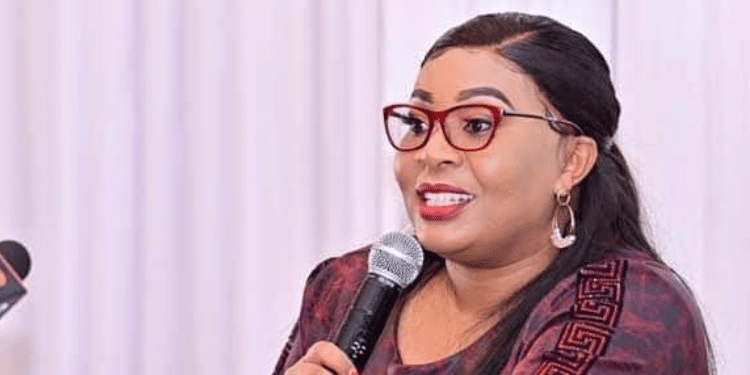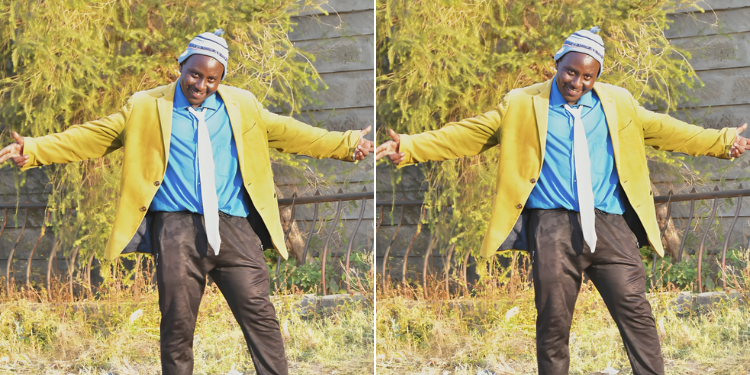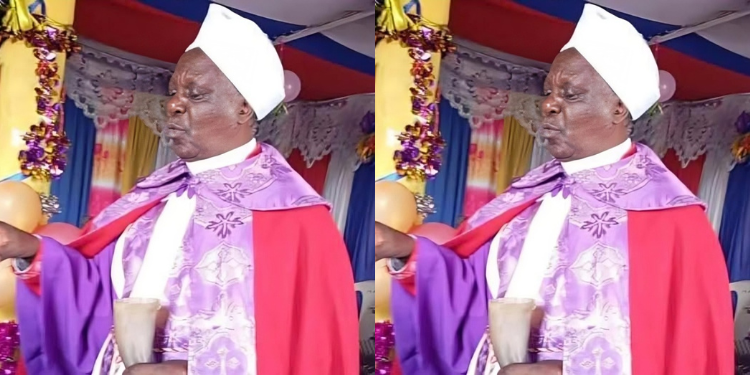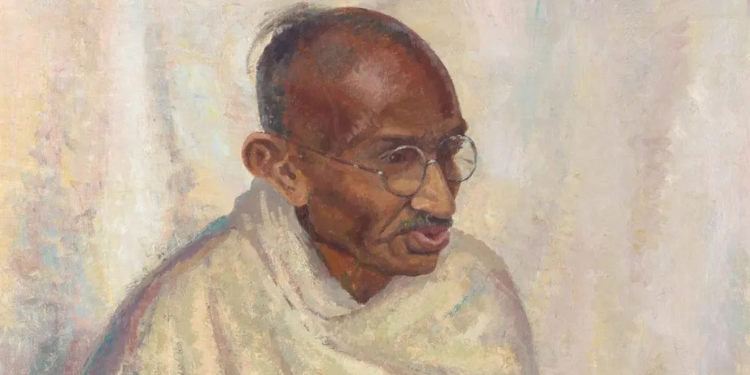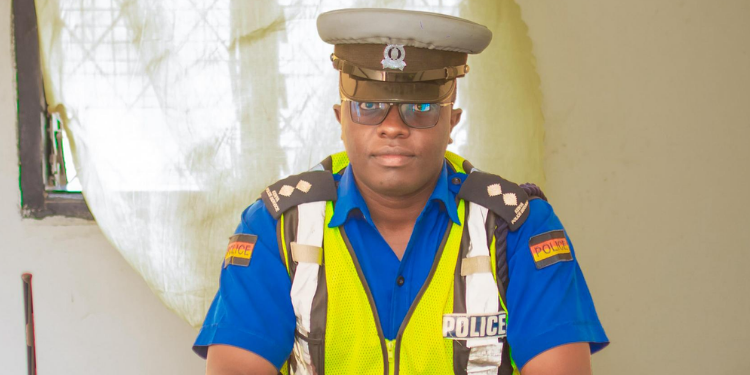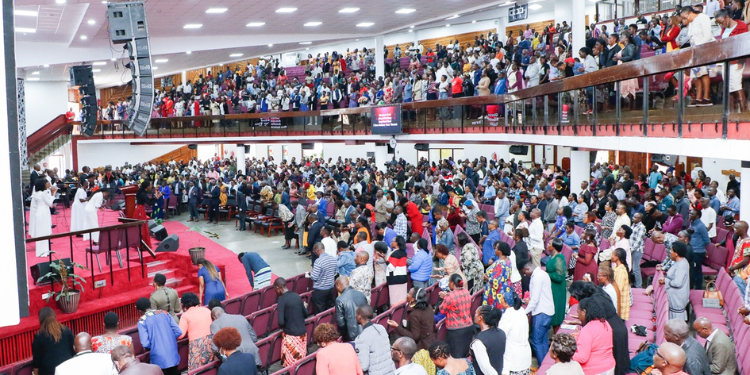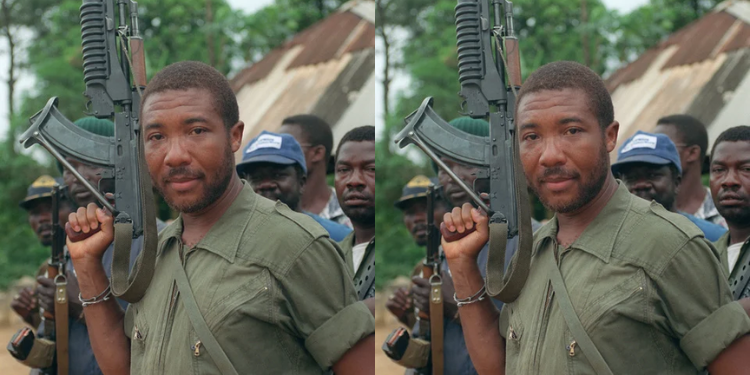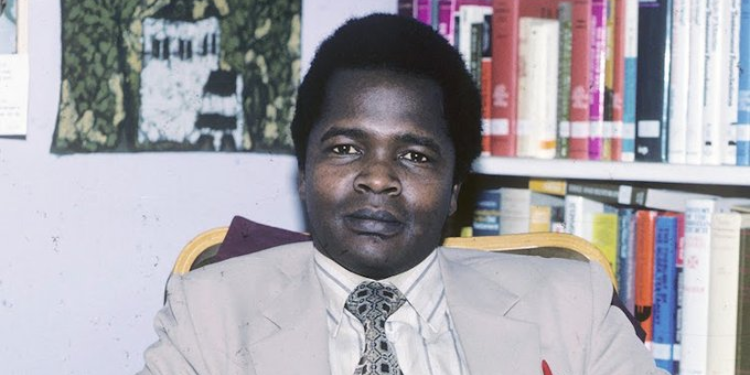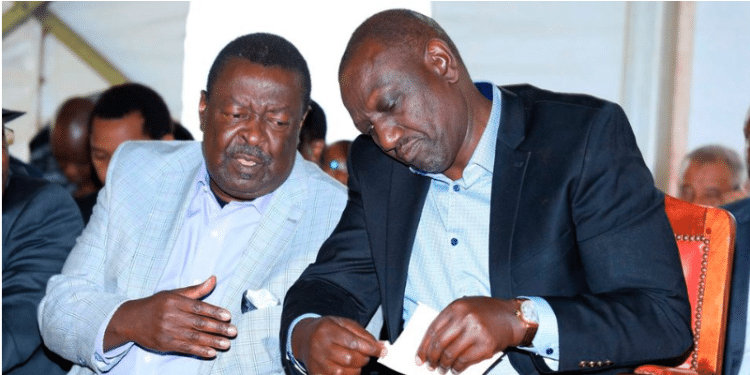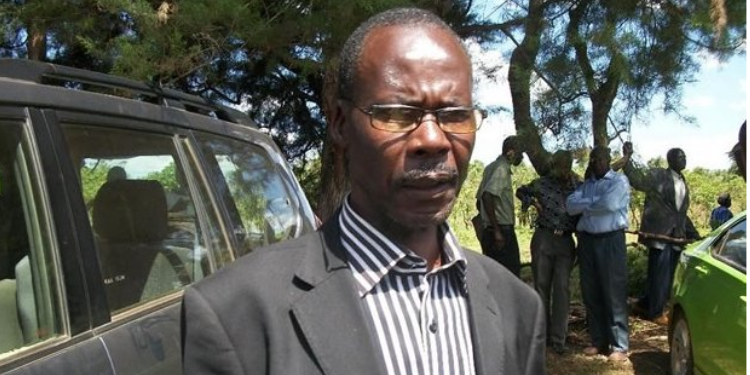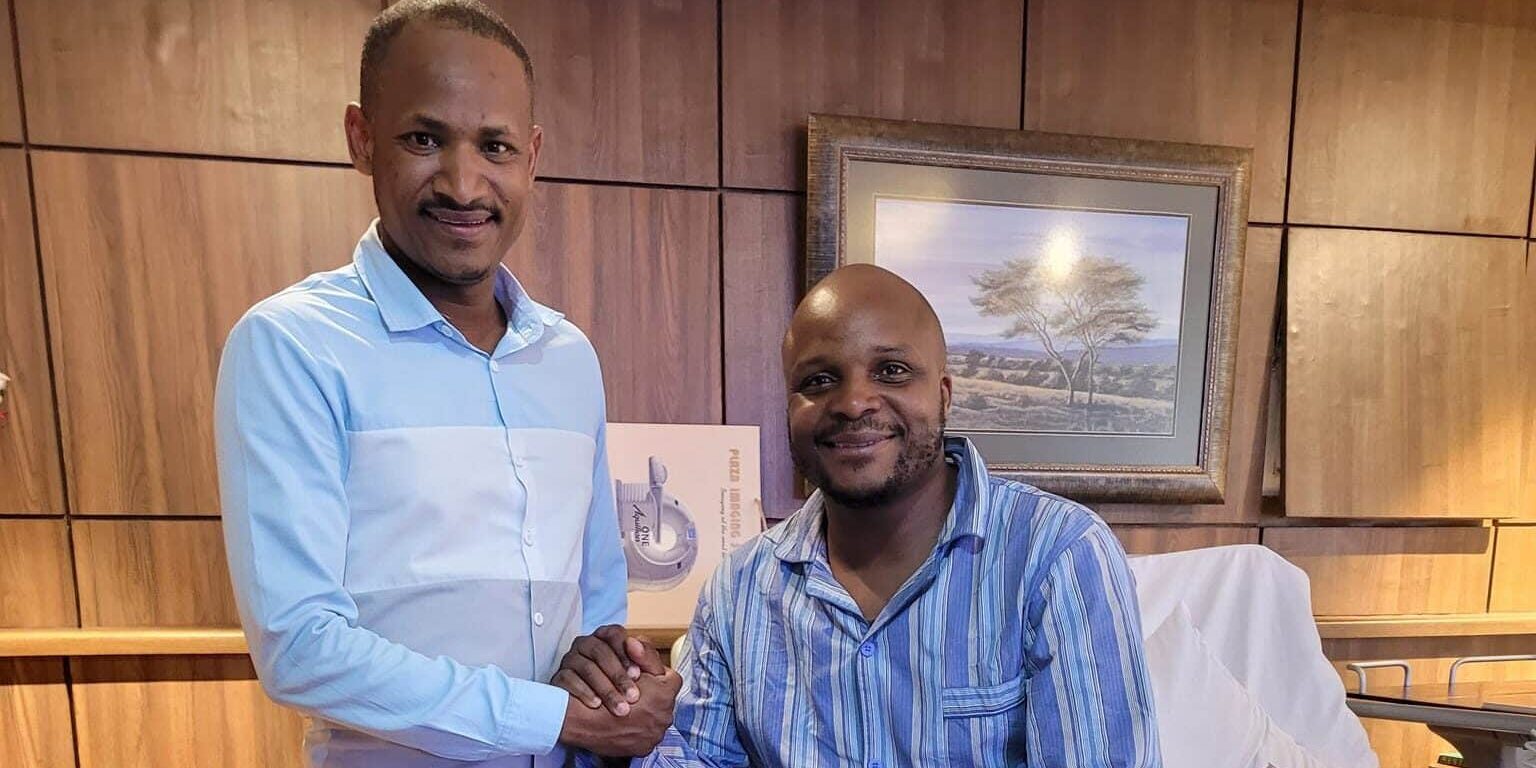On March 29, 2006, Nigerian authorities arrested Charles Taylor, the former President of Liberia. He was caught near the Cameroon border while trying to escape from Nigeria, where he was in exile.
His arrest came after a request from Ellen Johnson-Sirleaf, the newly elected president of Liberia, who took office in November 2005.
She asked Nigerian President Olusegun Obasanjo to extradite Taylor due to intense international pressure because of the crimes he committed during his presidency.
After his extradition to Liberia, Johnson’s government handed Taylor over to the Special Court for Sierra Leone (SCSL) to face charges.
He was taken to Freetown, Sierra Leone, the same day and then moved to The Hague in the Netherlands for his trial for security reasons.
Charles Taylor Arrested in Nigeria
Before Taylor’s arrest in 2006, the SCSL had already indicted him on serious charges related to the Sierra Leone Civil War, which lasted from 1991 to 2002.
He was secretly indicted on March 3, 2003, while still serving as President of Liberia. The SCSL charged him with 11 counts of war crimes, crimes against humanity, and serious violations of international law for his support of rebel groups during the civil war.
Also Read: Today in History: ICC Issues Arrest Warrant for Rebel Recruiting Children to Fight Museveni
U.S. President George W. Bush publicly urged Charles Taylor to step down during a speech on June 26, 2003.
He made this demand at the U.S.-Africa Business Summit in Washington, stressing that Taylor’s departure was crucial for achieving peace in Liberia, which was experiencing intense fighting between government forces and rebel groups, like the Liberians United for Reconciliation and Democracy (LURD).
Former Liberian President Convicted
As a rebel leader of the National Patriotic Front of Liberia (NPFL) and President, Taylor was responsible for severe atrocities during Liberia’s civil wars. His forces committed mass killings, mutilations, systematic rape, and ethnic cleansing, primarily targeting groups like the Krahn and Mandingo.
Taylor’s actions, such as using child soldiers and exploiting resources like diamonds and timber, worsened the conflict and suffering.
As President, Taylor continued to violate human rights, including extrajudicial killings, torture, and suppressing dissent.
Also Read: Today in History: Lawyer Willie Kimani and Taxi Driver Found Dead After Their Abduction
He also supported the Revolutionary United Front (RUF) in Sierra Leone, which led to his indictment for war crimes in 2003.
In 2012, he was convicted on 11 counts, including murder, rape, and conscripting child soldiers, and received a 50-year prison sentence, which he is serving in a British prison.
Although he was convicted for the atrocities in Sierra Leone, his crimes in Liberia, such as village destruction and sexual slavery, remain untried, leaving a lasting impact on the region.
Follow our WhatsApp Channel and X Account for real-time news updates.
